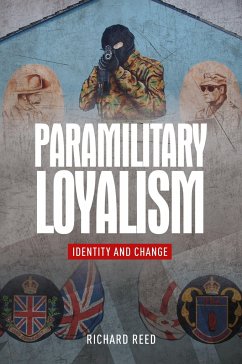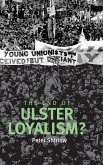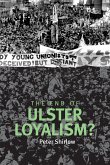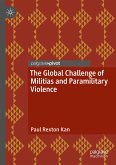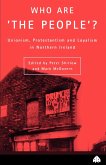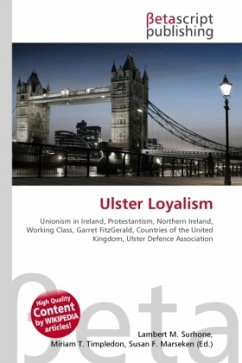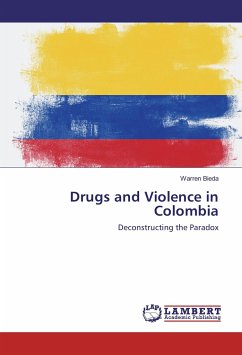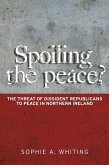This book takes a provocative second look at paramilitary loyalism, charting the evolution of the loyalist identity through more than forty years of conflict and peace. Based on extensive documentary and oral evidence from former combatants, politicians and key interlocutors, it frames its analysis within a model of identity drawn from theoretical insights in the fields of sociology, anthropology and political theory. In its central premise - that understanding loyalism means stepping beyond the stock image of the loyalist as thuggish and reactive to engage instead with the complex, diverse and often contradictory reality underneath - the book further develops the analysis offered by recent scholarship on the subject.The book tells a story that traces a line from the chaotic, violent birth of the paramilitaries in the late 1960s and early 1970s to the challenges facing the organisations in the post-conflict landscape. In so doing, it draws out the defining humanity - in its many different guises - of the loyalist experience, re-emphasising these points in a final chapter that looks at loyalism in the context of extremist groups in South Africa, the Balkans, America, Germany and the United Kingdom. With its multi-disciplinary lens, the book will be of interest to a wide range of audiences, including students and scholars of Irish studies, terrorism and extremism, peace and conflict studies, criminology, psychology and political sociology, as well as the educated general reader seeking a closer understanding of loyalist paramilitarism or the role of identity in provoking and sustaining conflict.

